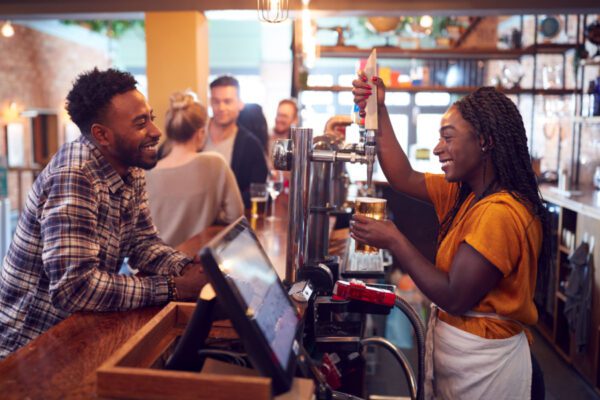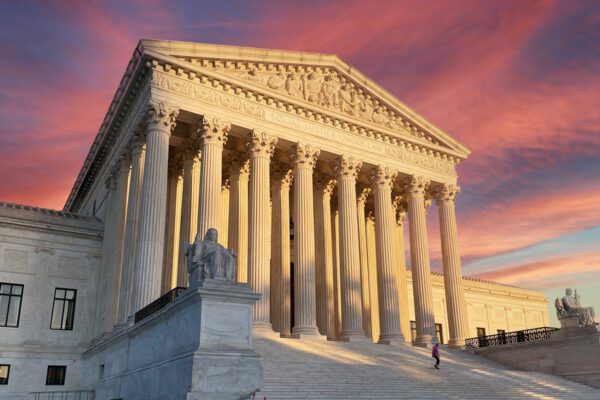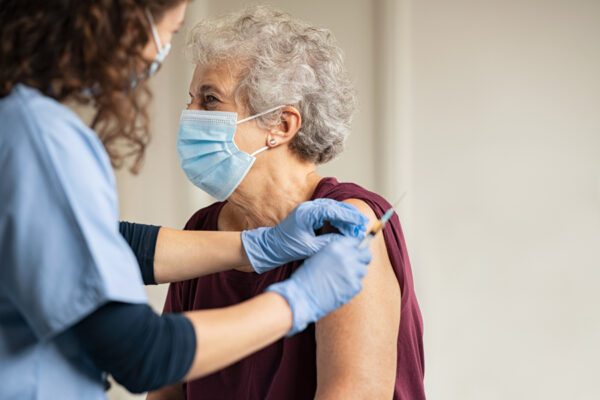Do you need help determining whether your business needs liquor liability insurance? The Horton Group is here for you. We will assist you in navigating any financial damages incurred from repair charges and medical expenses. Find out how liquor liability insurance can protect your company from lawsuits and settlements.
What Is Liquor Liability Coverage?
Liquor liability insurance, or dram shop insurance, protects businesses that serve or sell alcoholic beverages. This coverage is typically purchased by businesses such as bars, restaurants, taverns, nightclubs, and liquor stores that serve or sell alcohol. Liquor liability insurance primarily aims to protect these businesses from legal and financial consequences that may arise from alcohol-related incidents involving their customers.
What Does Liquor Liability Insurance Cover?
The specific coverage can vary depending on the insurance policy and the state or jurisdiction in which it is offered, but here are some common aspects that liquor liability insurance may cover:
- Alcohol-Related Accidents – Liquor liability insurance can cover legal expenses, settlements, or judgments if a patron served alcohol at your establishment causes an accident (such as a car crash) while under the influence of alcohol, and claims for property damage or personal injury may be included.
- Assault and Altercation – Coverage may extend to incidents involving fights, altercations, or other violent behavior by intoxicated patrons served alcohol on your premises.
- Dram Shop Lawsuits – Many states have dram shop laws that hold alcohol vendors responsible for harm caused by intoxicated customers. Liquor liability insurance can help protect businesses from these types of lawsuits.
What Does Liquor Liability Insurance Not Cover?
To protect businesses that sell or serve alcohol from potential liability claims arising from the actions of intoxicated individuals, there are specific terms and conditions of liquor liability insurance policies can vary, and there are several common exclusions and limitations that are typically not covered by this type of insurance:
- Intentional misconduct – Liquor liability insurance typically does not cover liability arising from intentional acts, such as assault or battery, committed by an intoxicated person on the insured premises.
- Criminal acts – Claims related to criminal activities involving alcohol, such as selling alcohol to a minor or engaging in illegal distribution of alcohol, may not be covered.
- Excluded events or activities – Some policies may have specific exclusions for certain events or activities, such as concerts, sporting events, or private parties. Hence, it’s essential to review the policy for any such exclusions.
- Claims outside the policy period – Liquor liability insurance only covers claims that occur during the policy period. Claims arising from incidents before the policy was in effect or after it expired would not be covered.
How Much Does Liquor Liability Insurance Cost?
The best way to know is to obtain an estimate from an insurance provider. There are a number of factors that affect the price of liquor liability insurance, including:
- Industry Risks
- Location
- Coverage Limits
- Liquor Sales
- Claims History
When Do You Need Liquor Liability Insurance?
Liquor liability insurance is required for the following scenarios:
- You are providing alcoholic drinks
- Selling alcohol, beers, or wines
- Prepare to apply for a liquor license
- Signing a loan or lease for a business
- You produce or distribute alcoholic beverages
Frequently Asked Questions
1. Can You Get Liquor Liability Insurance as an Add-On to General Liability Insurance?
Yes, many insurance companies offer liquor liability insurance as an endorsement or rider to a general liability insurance policy. This allows businesses to bundle their coverage and often saves money compared to purchasing separate policies.
2. What Steps Can Businesses Take to Reduce Liquor Liability Risks?
Businesses can implement responsible alcohol service practices, such as employee training to recognize signs of intoxication, check IDs, and adhere to state and local alcohol laws. Establishing a clear policy for refusing service to intoxicated patrons can also help mitigate risks.
3. How Do You File a Claim with Liquor Liability Insurance?
If an incident may lead to a liquor liability claim, the insured business should contact their insurance provider as soon as possible. The insurer will guide them through the claims process, which typically involves providing information about the incident and cooperating with the investigation.
4. What Happens if a Business Doesn’t Have Liquor Liability Insurance?
Businesses that don’t have liquor liability insurance and are involved in alcohol-related incidents can be exposed to significant financial risks. They may have to pay for legal defense, settlements, or legal costs, which can be financial headaches.
Protect Your Business Today! Get a FREE Liquor Liability Insurance Quote from The Horton Group and safeguard your establishment from potential liabilities. Contact us now to secure your peace of mind.
- https://www.investopedia.com/terms/d/dram-shop-laws.asp
- https://www.contractscounsel.com/t/us/liquor-license
- https://dolanlawfirm.com/legal-definitions/intentional-conduct/#:~:text=Intentional%20conduct%20is%20when%20people,other%20knowing%20and%20deliberate%20conduct
Material posted on this website is for informational purposes only and does not constitute a legal opinion or medical advice. Contact your legal representative or medical professional for information specific to your legal or medical needs.



